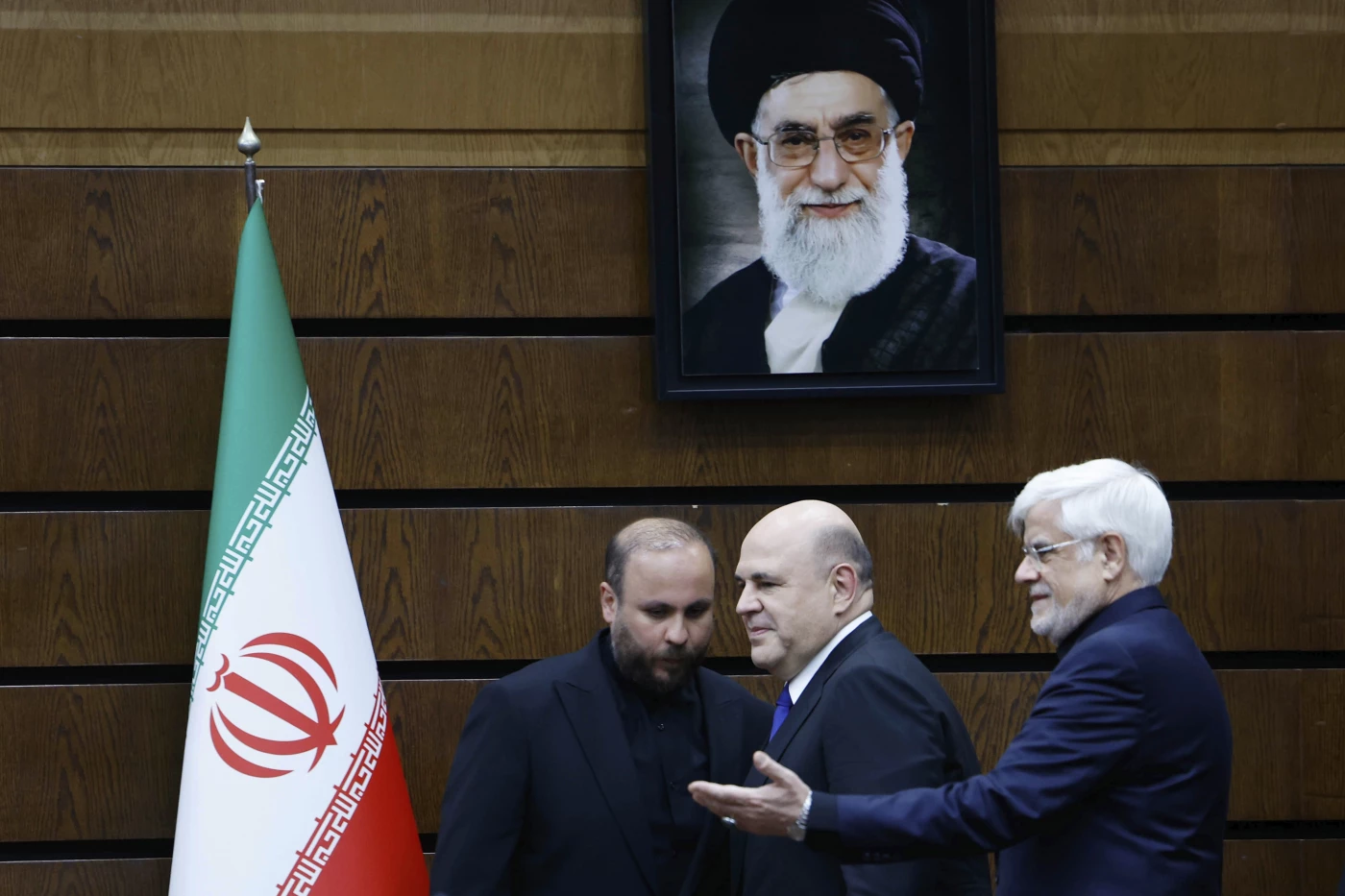LONDON, United Kingdom - Iran's First Vice President Mohammad Reza Aref has stressed that Tehran is seeking to realize the rights of the Iranian people in its negotiations with the United States and will not back down from that position.
"Removal of the unjust US sanctions is the most fundamental right of the Iranian nation" to be pursued in the diplomatic engagement with Washington, Aref said in an interview with the state broadcaster on Sunday.
He made the comments one day after a meeting between Iranian and American negotiators hosted by the Omani government in Muscat.
Both Iran's Foreign Minister Abbas Araghchi and US Special Envoy to the Middle East Steve Witkoff, who served as chief negotiators, hailed the talks as positive and constructive.
Reasserting Tehran's willingness to resolve the nuclear standoff with the US government, Aref described Iran as a country that has persistently been committed to dialogue.
The content of the Muscat talks remained widely undisclosed, but according to the Iranian foreign minister, the engagement has set the groundwork for continued future dialogue.
Also, Foreign Ministry spokesman Ismail Baghaei said in the latest that while the next session, scheduled for Saturday, will continue to be mediated by the Omani side, the venue has yet to be decided upon.
The Iranian press widely welcomed the talks as a positive first step the morning after the Oman meeting. They are also advancing the narrative that President Donald Trump had to ultimately give in to Iran's conditions for the talks, including the removal of any debate on the missile program, which Tehran has long insisted should remain non-negotiable.
Hardliners stand their ground
By contrast, serious concerns have been raised by the hardline camp, which has historically opposed rapprochement with the United States. Citing distrust in the archfoe, several conservative lawmakers and media outlets linked to the anti-American factions are accusing the moderate camp of "sacrificing" Iran's interests.
Most notably, hardline parliamentarian Amir Hossein Sabeti—a staunch opponent of dialogue with Washington—cast doubt on the final outcomes of the talks.
In an open session of parliament on Sunday, he issued a reminder to the Iranian negotiating team that nothing short of the removal of all oil-related and banking sanctions will be acceptable in a potential deal with the Trump administration.



 Facebook
Facebook
 LinkedIn
LinkedIn
 Telegram
Telegram
 X
X


